Our Solutions
Nucomat provides lab automation solutions for sample preparation, handling and testing for quality control laboratories. Our systems aim to control the sample preparation burden for 24/7 applications. These automated systems offer unique advantages compared to manual sample preparation:
- Operator safety
- Traceability and repeatability
- Gravimetric accuracy
- Validated results
- Web based remote control
Nucomat is proud to present itself as a solution provider mastering a delicate balance between different skills.
Information Technologies
Nucomat has developed its own software platform (ROBIN) for real time scheduling. Additionally, communication protocols with a variety of different analytical tools have been established. The ROBIN software allows Web based remote control.

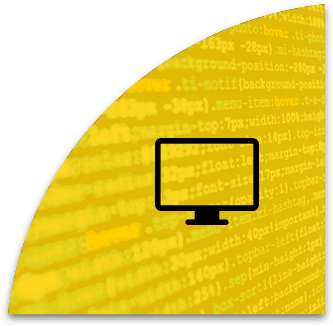
Chemistry Methods
Nucomat works with chemistry experts in the target industries for transferring manual sample preparation protocols to automated solutions. This is realized in close collaboration with our clients.
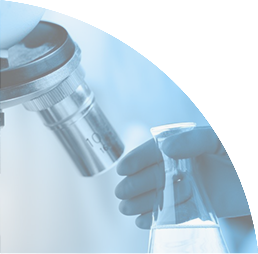
Analytical Instrumentation
Depending on the final application, a variety of different analytical tools can be linked to the automated system. Nucomat has built up a close partnership with suppliers of analytical instrumentation.
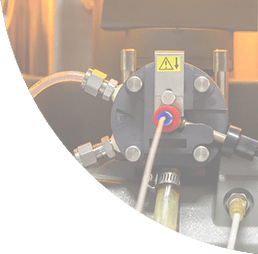
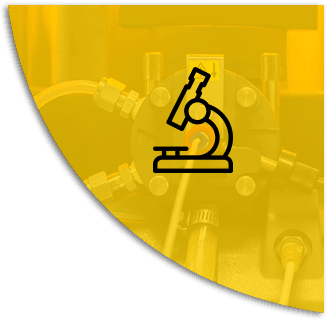
Modular Robotics
Over decades, Nucomat has selected reliable robotic components that allow unattended use of automated systems. Additionaly, micro-controllers are used for controlling the different modules.
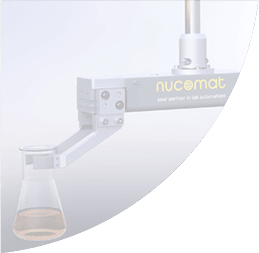
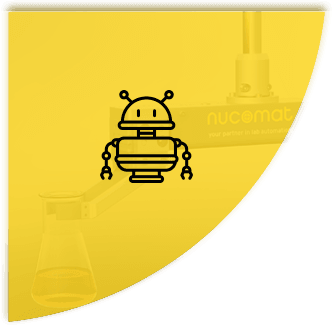
From concept to turnkey solution
-
1. Identifying needs & requirements
-
3. Verifying and fine-tuning specifications
-
5. Engineering and assembly
-
7. Training, validation & acceptance
-
2. Developing a tailor made concept
-
4. Final approval of detailed technical design
-
6. On-site implementation
-
8. Service after sales
-
1. Identifying needs & requirements
-
2. Developing a tailor made concept
-
3. Verifying and fine-tuning specifications
-
4. Final approval of detailed technical design
-
5. Engineering and assembly
-
6. On-site implementation
-
7. Training, validation & acceptance
-
8. Service after sales







